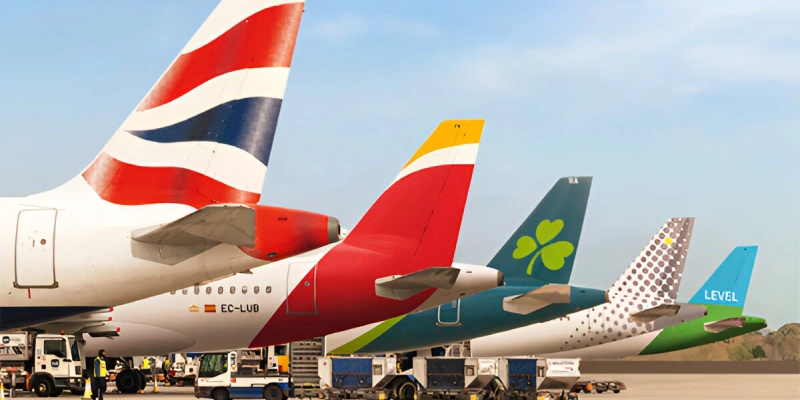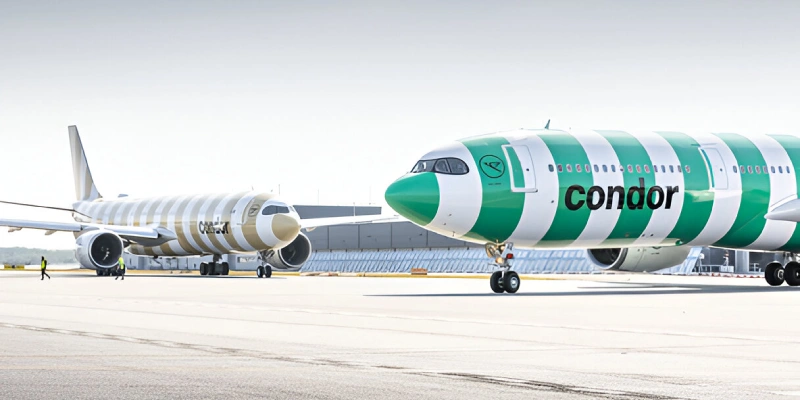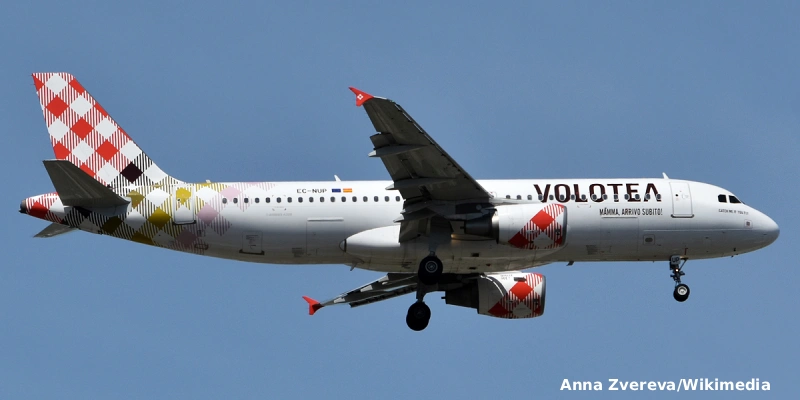China has lifted the ban preventing its airlines from receiving aircraft manufactured by Boeing, following a temporary reduction in mutual tariffs agreed upon by Washington and Beijing. This decision marks a turning point in the trade war between the two powers and could have direct implications for the global aviation sector.
Signs of Revival: Directives from Beijing
According to Bloomberg News, officials in the Chinese capital have begun notifying airlines and state agencies that deliveries of U.S.-manufactured aircraft can resume. Although no official announcement has been made, these internal communications indicate a shift in the authorities’ stance.
Last month, Boeing repatriated at least three aircraft from its delivery center in China to the U.S. amid trade tensions. The halt in deliveries had not been formally explained by Beijing, and industry sources told Reuters that no clear instructions against receiving U.S. aircraft had ever been issued.
A Key Agreement: 90-Day Tariff Reduction
The breakthrough came on Monday when both governments agreed to reduce tariffs by over 100% during a 90-day negotiation period, following weekend talks in Geneva.
→ China Airlines Bets on Boeing 777X: Orders 14 Aircraft to Expand Its Fleet
Previously, China had granted tariff exemptions for certain aviation components, such as engines and landing gear. However, the broader application of tariffs continued to affect the core of Boeing’s business in the country.
Impact on Boeing and the Chinese Market
Last month, the U.S. company stated that its Chinese customers would not receive new aircraft due to the tariff dispute, forcing it to consider reselling dozens of planes. While other airlines expressed interest in acquiring these aircraft, Boeing was reluctant to reassign them, partly due to logistical hurdles such as seats already selected and purchased by Chinese carriers.
Currently, Boeing estimates that 25 of the 30 pre-2023 737 MAX models still awaiting delivery will ultimately be received by their original buyers in China. Additionally, at least four 777 freighter units are in production for Asian airlines, according to a source familiar with the matter and data from the Aviation Flights Group system.
During its first-quarter earnings presentation, Boeing executives indicated plans to deliver 50 aircraft to Chinese companies in 2025, 41 of which were already in production or pre-assembled.
A Strategic Market for the U.S. Manufacturer
China accounts for approximately 10% of Boeing’s commercial order portfolio, solidifying its position as a priority market for the company’s global strategy. Tariff restrictions had harmed both sides, as recently acknowledged by the Chinese government.
The end of this barrier signals a potential revival of trade relations in the aviation sector and represents an opportunity for Boeing to reduce its high inventory levels while regaining one of its key markets.
Related Topics
IAG Posts Record €3.342 Billion Profit for 2025
Condor to Move Operations to Frankfurt Airport’s New Terminal 3 in 2027
TAP Air Portugal Announces Ambitious 2026 Expansion Plan: New Orlando Route, Intermediate Cabin, and Brazil Reinforcement
Volotea Resumes Its Menorca-Verona Route Starting in August

Plataforma Informativa de Aviación Comercial con 13 años de trayectoria.




